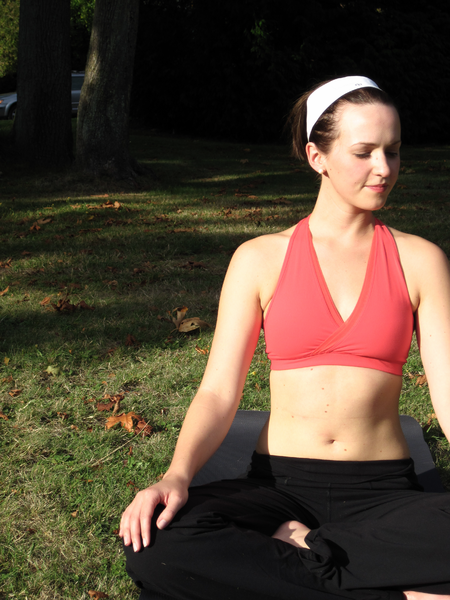Sorry for my week-long hiatus. My school work was piling up.
Now that I’m past midterms, I’m back to blogging. And you know what I could
use? Some stress relief. This week, I’m dedicating my blogs to methods for relieving stress.
All Aboard the Coltrane
John Coltrane makes my soul float. That is the simplest way
I can put it. Whenever I’m stressed, I throw on some of his smooth saxophone jazz. As I drink in his mellow tones my shoulders sag, my eyes close and I take a deep breath. Coltrane is a musical
magician. Don’t believe me? Have this playing while you read on – it makes
everything better.
Nice, isn’t it? Anyway, I wondered if jazz actually has a
physiological (fancy term for “bodily”) effect on lowering stress. Unfortunately,
what few studies I found show that jazz is as effective as silence for treating
stress. Fortunately, I found a type of music that supposedly does work.
Stress and Blood Pressure
Have you ever heard the saying, “Settle down before you pop
a blood vessel?” Blood pressure has a noted correlation with stress. BAM!
Someone just stuck a gun in your face! What’s happening!? Your heart is racing!
The stress of having your life threatened has released adrenaline, making your
heart beat faster and your blood vessels constrict.
Okay, now focus on the jazz. There is no gun. Relax. It’s
okay. Sorry to do that to you.
As you relax, your heartbeat slows and everything goes back
to normal. This is what we call acute or situational stress. But people who work long hours at stressful jobs subject themselves to
chronic stress. Rather than worrying about that hypothetical gun (it’s not
there, I promise, keep listening to Coltrane,) people in an office worry for weeks at a time about deadlines and mounting assignments. This chronic stress leads to heart disease.
The Power of Classics
I’ve read three different studies about the power of
classical music. The first one, conducted at the Institute of Behavioural
Sciences in Budapest, Hungary, concludes that students listening to classical music before bed sleep better than those who listen to audiobooks or
nothing at all. Although the study didn’t include anyone over the age of 28,
you might want to give this a shot – just listen to 45 minutes of relaxing
classical music before you fall asleep.
Another study, this time from the University of California,
compared several different types of music on their effect on blood
pressure. The subjects had to do three minutes of
intensive math (yeah, that would stress me out too) and then either listened to classical, jazz, pop or nothing. Jazz and pop music had nearly the same effect on
lowering blood pressure as sitting in silence, suggesting there was no effect.
But classical music lowered blood pressure on average 80% faster than silence!
 |
| Deal with it Yoga - Silence is for chumps! More Mozart, please! |
And finally, a study on patients undergoing ophthalmic (eye) surgery found that playing classical music helped to keep patients calmer, lowering heart rate, blood pressure, and respiratory rate, and aiding not only surgery, but recovery. I don’t expect any of my readers to go out and get their eyes cut open any time soon, but if classical music can help keep people calm during that, it has to be pretty good!
Shameless Plug
Take some time out of your day to enjoy some classics.
Personally, I prefer Coltrane for my stress. But if you’re looking for some
classical music, try looking for Debussy or Mozart on YouTube. And if you’re in
the Metro Detroit area, tune into 90.9 FM for classical music during the day
and jazz music at night. Nothing makes a drive home from work better than Miles
Davis and Dizzy Gillespie.

The American Institute of Massage Therapy incorporates acupressure into their massage therapy program and helps students prepare for national certification. Most massage programs incorporate acupressure or deep tissue massage into their programs. Thanks for sharing information.
ReplyDeleteProper nutrition requires ingestion and absorption of fiber, vitamins, minerals, and food energy in the form of carbohydrates, proteins, vegetable oils, and fats. Dietary habits and choices play a significant role in quality of life, health and longevity, and can define cultures and play a role in religion. Thanks.
ReplyDelete